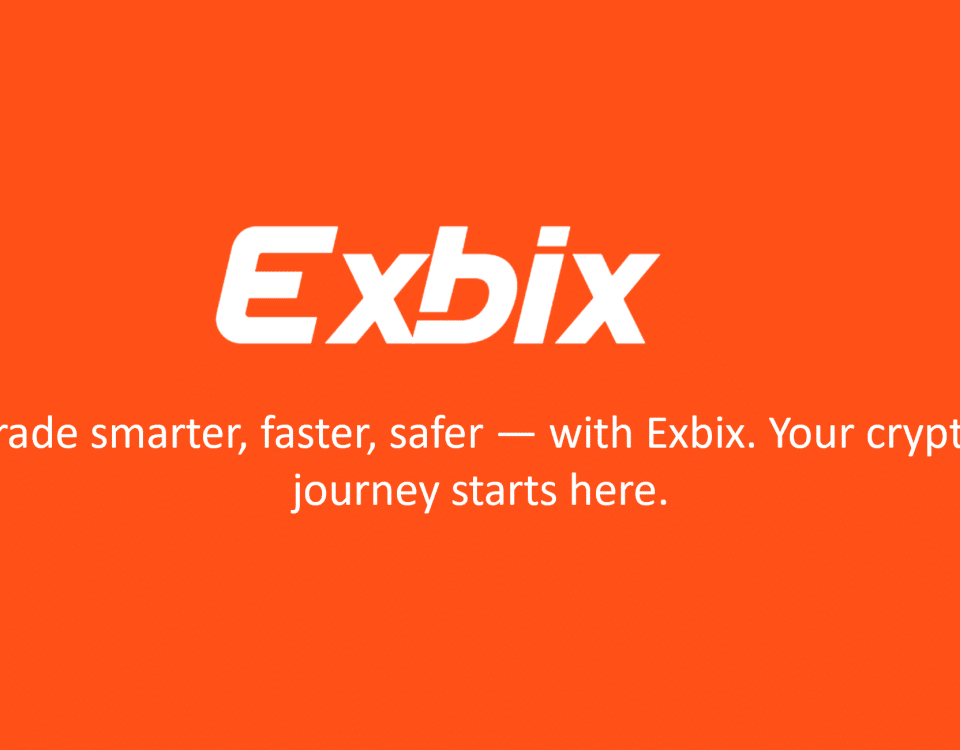
Understanding Blockchain: The Backbone of Modern Cryptocurrencies
August 16, 2025
Bitcoin: The Pioneer of the Digital Currency Revolution
August 16, 2025Imagine a world where you can send money across the globe in seconds, without relying on banks, intermediaries, or high fees. This is not science fiction — this is the promise of cryptocurrency. In the past decade, digital currencies like Bitcoin, Ethereum, and countless altcoins have transformed how people think about money, ownership, and trust.
At its core, cryptocurrency is a digital form of money secured by cryptography. Unlike cash or bank deposits, cryptocurrencies are decentralized — no single person, company, or government controls them. Instead, they operate on blockchain networks, which act like digital ledgers shared across thousands of computers worldwide. Every transaction is recorded and visible, making the system transparent, secure, and resistant to fraud.
Bitcoin, the pioneer of this revolution, emerged in 2009 as an idea: what if we could create money that exists purely online, independent of banks or governments? Its anonymous creator, Satoshi Nakamoto, envisioned a system where people could transact directly, with trust built into the technology rather than through third parties. Today, Bitcoin is just the beginning. Thousands of cryptocurrencies now exist, each with unique features and purposes — from Ethereum’s smart contracts enabling decentralized applications to privacy coins like Monero that protect user identity.
But cryptocurrency is more than technology; it’s a movement. It empowers individuals to take control of their finances. You can be anywhere in the world and still send or receive money instantly. It challenges traditional financial systems, offering solutions for those without access to banks or credit cards. It also introduces a sense of ownership and freedom that was previously unimaginable — your assets are yours, controlled by you, not a corporation or government.
Of course, the journey isn’t without challenges. Crypto markets are famously volatile, with prices swinging dramatically in hours. Regulations are still catching up, and the legal landscape varies from country to country. Security is another concern — while blockchains are incredibly secure, exchanges, wallets, and personal accounts can be vulnerable to hacks or scams. Education and caution are key.
Despite these hurdles, the momentum of cryptocurrency is undeniable. Big institutions are investing, merchants are accepting crypto payments, and innovators are building the infrastructure for a decentralized financial future. For the everyday person, this means new opportunities to invest, trade, and participate in a global economy without borders.
In essence, cryptocurrency isn’t just a trend; it’s a paradigm shift. It’s reshaping how we think about money, trust, and digital interaction. Whether you are a seasoned investor, a curious beginner, or someone simply intrigued by the potential of technology, understanding crypto is no longer optional — it’s becoming essential for navigating the modern financial world.





